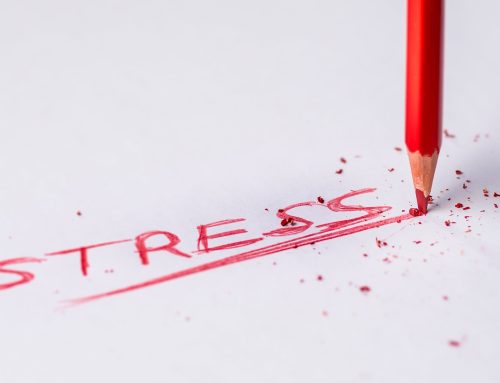With the most recent financial crisis that has effected so many in the world along with rising gas prices, food prices, and an onslaught of global catastrophes, many are stepping back and taking a close look at their financial management or lack thereof, and making long overdue changes. People are cutting back – reducing credit card debt, building savings accounts, increasing food and water storage, and just being better prepared for a rainy day that, if history is an accurate predictor, will most certainly return one day.
One area of preparation that is all too often overlooked is maintaining a current will or trust. It has been said that the two certainties in life are death and taxes, and even though it’s not pleasant dealing with either of them, we need to be prepared for both. If something happened to you tomorrow, heaven forbid, do you know where your hard-earned assets would go? Do you know where you would want them to go? If you do know where you would want them to go, has it been properly articulated in a will or trust? If the answer to that last question is no, the chances of your assets ending up where you want them are not very good. In fact, it’s quite possible that your assets could end up precisely where you don’t want them to go.
In the United States, the law typically defers to a decedent’s wishes of where his or her assets are to go as long as those wishes have been properly communicated through a will or a trust. However, the law contains default provisions for situations where a person dies without a will or trust and these provisions are called intestacy statutes. These statutes may vary from state-to-state, but the gist of these laws is that the state decides who gets your assets based upon family relationships. The type of familial relationship a person has with the decedent will determine what, if any, assets that person will receive, regardless of what the decedent would have preferred. And if you think about it, it only makes sense. There has to be a standardized “plan B” in the event someone dies without a will, otherwise how could it ever be decided where a decedent’s assets would go?
With that said, everyone is capable of having a will or a trust. Without going into the differences between the two, having a current will or trust is your way of ensuring that the things you’ve worked so hard your entire life to acquire end up going where you want them to go. That may be to those you love the most (i.e. family and friends), it may be to a favorite charitable organization, it may be to a church, a school, or a museum. Where you decide for your assets to go is not as important as making sure your wishes are fulfilled and having a current will or trust is the best way to make that happen.
The most ideal way to create a will or trust is to hire an attorney to do it. There are general attorneys and those who specialize in probate law who can help you with this. However, if funds are currently too tight and you either can’t afford to pay an attorney or don’t want to pay an attorney to do this, many jurisdictions allow you to create what is called a “holographic will.” A holographic will is a will you create yourself. To do this, you simply hand-write your will on a piece of paper, date it and sign it. Standard wills require witnesses signatures attesting to the validity of the testator’s signature, but a holographic will does not. The important thing with a holographic will is that the testator informs individuals close to him or her that the will exists and where it is located, so when the testator dies, it can be found and applied.
If you get nothing else out of this, the one point you should take home is that everyone needs a will or trust and almost everyone is capable of having one, regardless of a your financial situation. The key is that you begin the process now.
Wade Hardie, JD, MBA
MINES Corporate Counsel











Leave A Comment